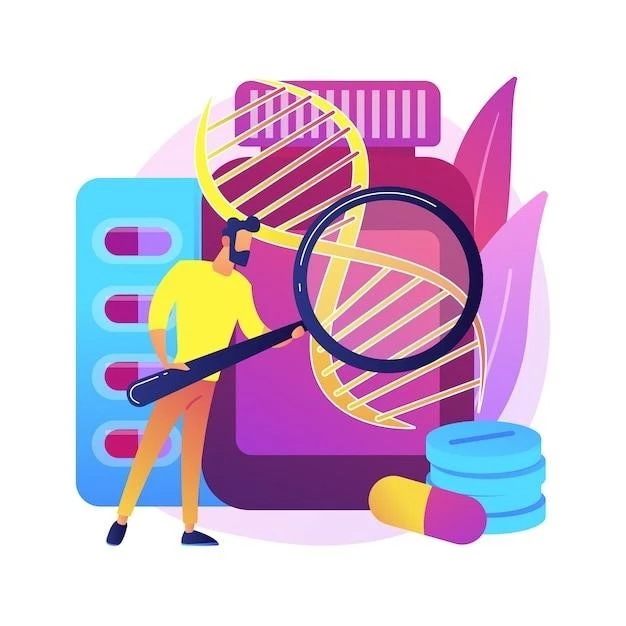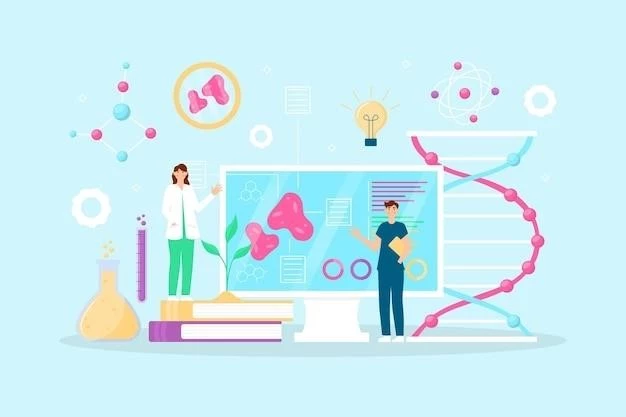Recognizing the Signs
Look out for poor growth, delayed development, seizures, and intellectual disabilities. Early detection is key for effective management.
Overview of Arginase Deficiency Symptoms
Arginase Deficiency can present with symptoms like developmental delays, poor growth, spasticity, seizures, and intellectual disabilities. Recognizing these signs early can lead to prompt diagnosis and treatment, helping manage the condition effectively. If you notice any of these symptoms, it’s essential to consult a healthcare professional for a proper evaluation and personalized care plan tailored to the individual’s needs.
Exploring Treatment Paths
Consult a medical professional for tailored treatment plans involving medication, dietary adjustments, and ongoing monitoring to manage symptoms effectively.
Types of Treatment for Arginase Deficiency
For managing Arginase Deficiency, treatment options may include medication to control symptoms, dietary modifications low in protein, and close monitoring by healthcare providers. These interventions aim to address the underlying cause and support overall well-being. Collaborate with a healthcare team to create a comprehensive treatment plan that suits your specific needs and enhances quality of life.
Decoding Genetic Influences
Understanding the genetic mutations causing Arginase Deficiency can help tailor personalized care strategies. Genetic counseling is crucial for families.
Understanding the Genetic Basis of Arginase Deficiency
Genetic causes of Arginase Deficiency lie in mutations of the ARG1 gene. By delving into these genetic roots, healthcare professionals can determine appropriate management strategies. Genetic testing can aid in diagnosing the condition and guiding treatment decisions. Discuss genetic implications with a genetic counselor to gain insight into the hereditary aspects of Arginase Deficiency and make informed choices regarding treatment and family planning.
Caring for Young Patients
Managing Arginase Deficiency in children involves a multidisciplinary approach, including tailored treatment plans and regular monitoring for optimal health outcomes.
Special Considerations for Children with Arginase Deficiency
Children with Arginase Deficiency require special attention to dietary restrictions, medication adherence, and growth monitoring. Regular follow-ups with pediatric specialists and nutritionists are vital to ensure optimal development and well-being. Encourage open communication with healthcare providers to address any concerns promptly and provide the best possible care for your child’s unique needs.
Staying Informed on Progress
Stay updated on the latest research to explore new treatments and advancements in managing Arginase Deficiency effectively. Knowledge is key to improved care.
Recent Developments in Arginase Deficiency Research
Recent research in Arginase Deficiency focuses on novel treatment approaches, genetic therapies, and understanding the disease mechanisms better. Keep abreast of these advancements to empower yourself with knowledge for informed discussions with healthcare providers. Engage with research updates to stay informed and advocate for cutting-edge care options that may benefit individuals with Arginase Deficiency.
Nutritional Guidance Is Key
Follow a low-protein diet, monitor ammonia levels, and consult with a dietitian for personalized dietary recommendations to manage Arginase Deficiency effectively.
Key Nutritional Guidelines for Individuals with Arginase Deficiency
Individuals with Arginase Deficiency should adhere to a low-protein diet rich in fruits, vegetables, and healthy fats. Regular monitoring of protein intake, coupled with supplements as needed, helps maintain essential nutrient levels. It’s essential to work closely with a dietitian to ensure a well-balanced diet that supports overall health while managing the condition effectively.
Handling Daily Challenges
Arginase Deficiency impacts daily life with dietary restrictions, treatment routines, and potential physical and cognitive challenges. Support and self-care are crucial.

Challenges Faced by Individuals with Arginase Deficiency
Individuals with Arginase Deficiency encounter challenges such as dietary restrictions, managing medications, potential cognitive delays, and physical limitations. Coping with these challenges may require lifestyle modifications and ongoing support from healthcare providers and support networks. It’s important to prioritize self-care, adhere to treatment plans, and seek assistance from professionals and community resources to navigate these difficulties effectively and enhance the quality of life.
Seeking Help and Information
Explore support networks, advocacy groups, and online resources for valuable guidance, assistance, and a sense of community while managing Arginase Deficiency.
Available Support Networks and Organizations
Several support networks and organizations cater to individuals and families affected by Arginase Deficiency and offer valuable resources, information, and emotional support. Connecting with these groups can provide a sense of community, access to educational materials, and opportunities to engage with others facing similar challenges. Consider reaching out to these supportive communities to enhance your understanding of the condition and foster a network of assistance and camaraderie.
